Importance of Learning Quran in Islam
Table of Contents
ToggleLearning the Quran is a vital act in Islam, bringing immense rewards from Allah (SWT). It is one of the greatest actions a Muslim can undertake to earn good deeds, strengthen their connection with Allah (SWT), and secure a place in Jannah (Paradise). As our beloved Prophet Muhammad (PBUH) beautifully said:
“Whoever recites a letter from the Book of Allah will be credited with a good deed and a good deed is rewarded tenfold. I do not say that Alif-Lam-Mim is one letter, but Alif is a letter, Lam is a letter, and Mim is a letter.”
This profound statement reminds us of the infinite blessings in reciting and learning the Quran.
Dīn al-Islām is a complete way of life, encompassing all aspects of human existence. The term dīn has no true equivalent in English or any other European language, though it is often translated as “religion.” However, this translation can be misleading, as the concept of religion in the Western worldview is fundamentally different from the Islamic perspective. In Islām, dīn is far more comprehensive; it does not confine itself to spiritual or ritual matters but extends to every facet of human endeavor.
The primary sources of guidance
in Islām are the Holy Qur’ān and the Sunnah— the sayings and practices of Prophet Muhammad (s.a.w). In his final sermon at Mount ‘Arafat, the Prophet (s.a.w) left a timeless message for the Ummah: he entrusted them with two treasures, the Qur’ān and the Sunnah, assuring that as long as they held firmly to both, they would never go astray (Haykal, 2008). This highlights the holistic and eternal nature of Islām as a guide for humanity. Connecting with the Qur’an draws a Muslim closer to the Creator, an incredible blessing in this life and a great source of reward in the hereafter. The verses and Surahs of the Qur’an are a core part of Muslim prayer. Beyond prayers, many Muslims recite portions of the Qur’an daily to renew their spirits and strengthen their iman (faith). Across the globe, it’s routine for Muslims to recite the Qur’an in its original Arabic text or through translations. The Qur’an also plays a central role in significant moments of life. Muslims recite it during key events and occasions—funerals, prayers for success, or seeking relief from life’s challenges. This connection underlines the profound importance of the Qur’an in Muslims’ lives.
Post In: Historical Context of the Quran, How to Read Quran in Arabic, Interfaith Dialogue and Quran, Lessons and Wisdom from the Quran, Quran and Modern Challenges, Quran for Kids and Families, Quran memorization for kids
Tags: learn Quran

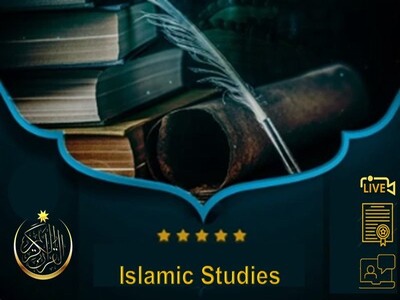
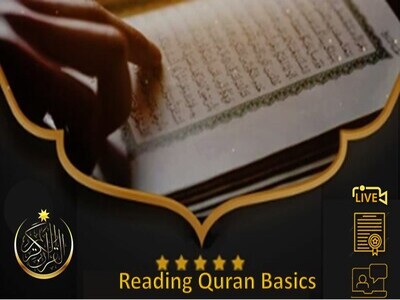


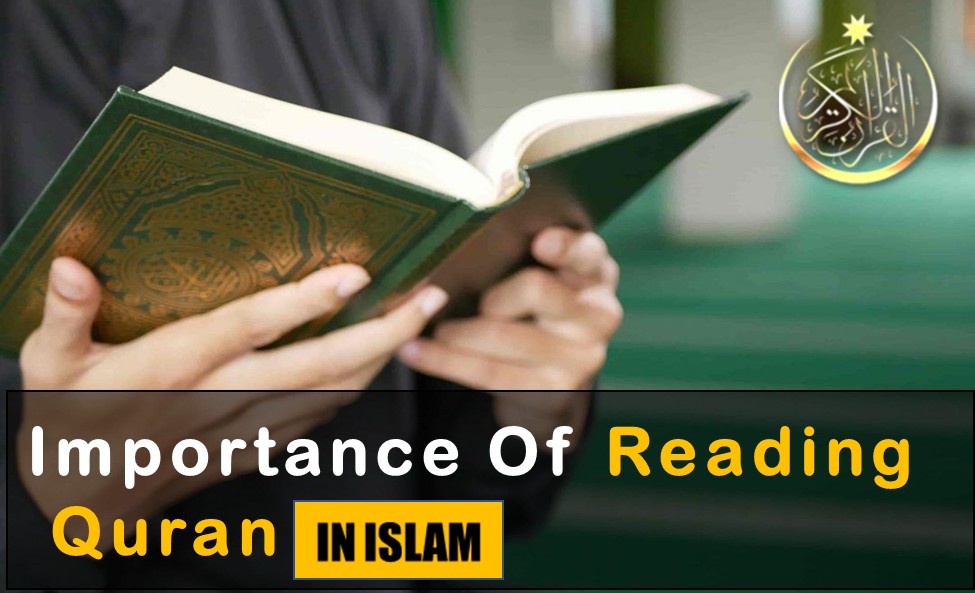
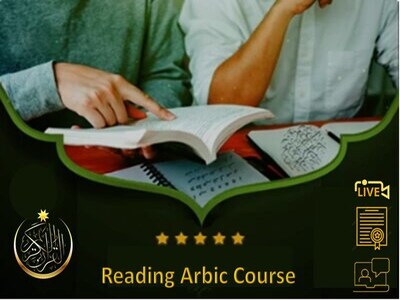
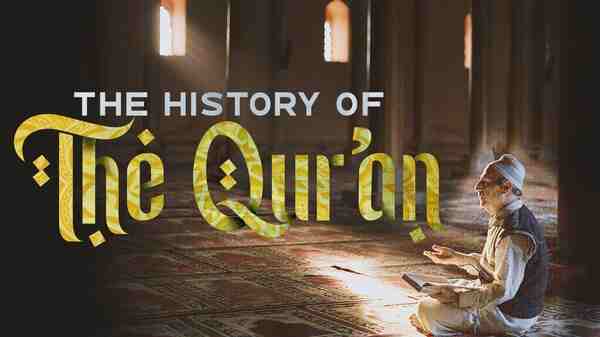



 العربية
العربية বাংলা
বাংলা 简体中文
简体中文 Nederlands
Nederlands English
English Filipino
Filipino Français
Français Deutsch
Deutsch Italiano
Italiano Português
Português Русский
Русский Español
Español Türkçe
Türkçe اردو
اردو